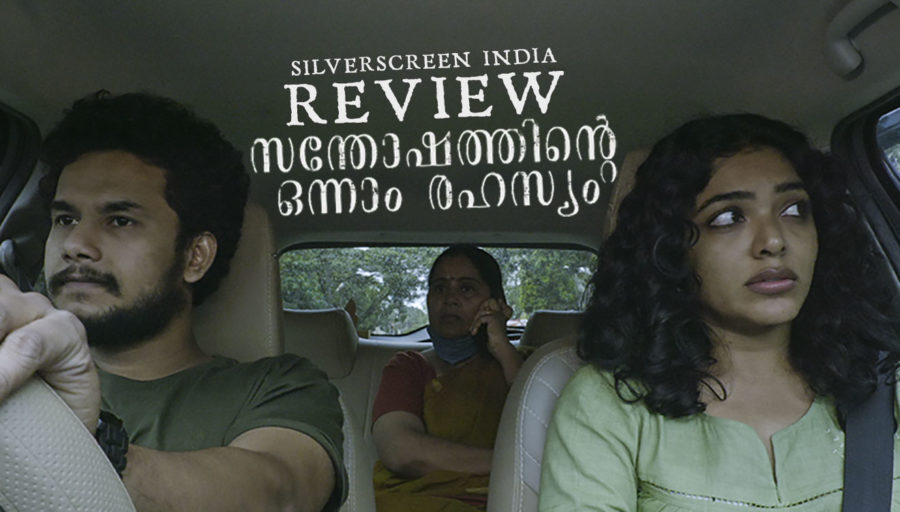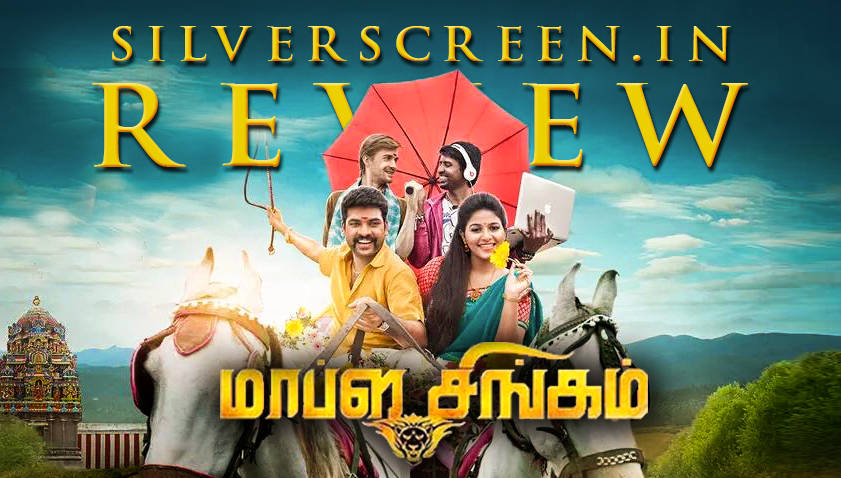Director: Don Palathara
Cast: Rima Kallingal, Jithin Puthenchery
Comedy is not a genre one usually associates with filmmaker Don Palathara. Films shot in gorgeous monochrome that seek to discover cinematic truth with the help of realism have been his forte. His Shavam (Corpse, 2015) has a deadpan exterior, but underneath it is a sharp and subtle sense of humour that laughs at a society plagued with hypocrisy.
In his latest film, Santhoshathinte Onnam Rahasyam (Joyful Mystery), the filmmaker moves beyond the pattern he had created for himself. It is filmed in colour, to begin with. Although, every object and person inside the frame is obsessively colour-coordinated. Over the 80-minute film, the viewers become privy to an intimate conversation between the two protagonists, Maria (Rima Kallingal) and Jithu (Jithin Puthenchery), lovers who are in a domestic cohabitation, while they are travelling to a clinic to take a pregnancy test.
The film is shot in one long take, using a camera strapped to a car’s dashboard. The space inside the vehicle acts as a moving stage for the domestic drama to unfold. There is no pan, no zoom-in or zoom-out or a shift in the angle.
The formal choice of the film is in tune with the time. Throughout the film, the characters are within the confines of the moving car, akin to the Covid-19 pandemic-induced lockdown that brought back many families under the same roof, forcing them to address emotions bottled up over the years. The pregnancy scare becomes an excuse for the couple to talk about things that they would, otherwise, have kept for another time.
But never does the film turn lacklustre. The performances are strong. Don’s writing is tight and dialectical, relentlessly oscillating between a woman’s and a man’s position in a modern-day relationship. Their conversation is fluid. It is scripted but sounds spontaneous. “Do you think we can afford a child now,” she asks. “I agree we cannot. But once we have a child, we will find a way to deal with the situation,” he replies.
She needs a plan. He wants to go with the flow. She finds his coolness unreasonable. He finds her fears and insecurities silly. Their living arrangement, a decision they had taken together a long time ago, becomes a point of debate. For most of the journey, they stay on vastly different pages, never coming to agree on anything, and tweaking incidents from the past to suit their respective sides.
One time, an outsider, a nosy acquaintance, gets into the car and poses uncomfortable questions to the couple. Their interaction is wildly humorous. You see the awkwardness on the couple’s faces as the woman tosses at them some unsolicited advice about pregnancy and life. Although to shut the outsider up is a mutual need, the couple cannot call a truce and put up a united front. When Jithu, out of the blue, reveals that he and Maria are unmarried, the woman is stunned. And Maria, furious.
The space between the couple’s seats is dynamic. Through the rear windshield, you see pieces of the city the car is passing through. Sometimes, out of the blue in between an intense conversation, she moves to pick up something from the backseat. At one point, as the fight turns physical, she crosses the imaginary divide to land an angry bite on his arm. The screenplay manages to create a delectable emotional rhythm in the narrative. In a slightly long stretch, right before the car reaches the clinic, the couple goes quiet. But the air inside the car, rife with tension, speaks louder than the words. Neither of them can find a way out of the impasse they have arrived at.
The film moves to a meta-cinematic level when Maria makes a phonecall to an arthouse filmmaker (voiced by Don himself) for an interview. He corrects her when she uses the word “movie”. It is cinema, he says. He refers to himself as an utmost “original” filmmaker unlike his contemporaries, some of who went to film schools, who make mediocre experimental films. The dialogue in this part sound contrived for the sake of comedy. But rarely does in Malayalam’s stiff arthouse cinema space one come across a filmmaker who can make fun of himself and his kind of cinema.
Recommended
In a scene from Don’s previous film, 1956, Central Travancore, an old man at a toddy parlour rebukes a youngster who said he wanted to live like ‘the birds of the sky’ who don’t sow or reap, “You cannot interpret the holy book the way you like!” Here, the title Joyful Mystery is a playful reference to the Bible, the part where Virgin Mary comes to know of her pregnancy. A sly dig at the old order.
The characters in the film don’t carry the weight of having to make the right decision all the time. It is in their beautiful imperfection, Don weaves a sense of universality. It is about Maria and Jithin, but it is also about everyone, at different points in time.
****
The Joyful Mystery review is a Silverscreen original article. It was not paid for or commissioned by anyone associated with the film. Silverscreenindia.com and its writers do not have any commercial relationship with movies that are reviewed on the site.



